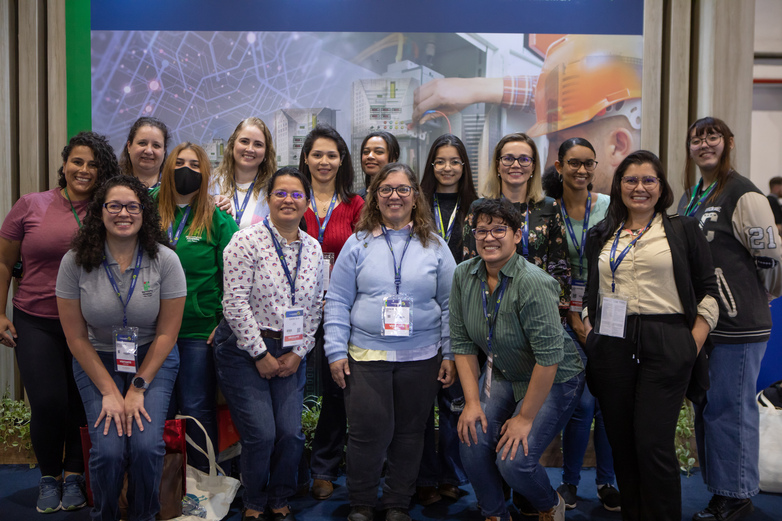Advancing vocational skills to drive Brazil’s green economy
TVET for Green Economic Development and Employment
-
Client
German Federal Ministry for Economic Cooperation and Development (BMZ)
-
Country
-
Political sponsors
More
-
Runtime
2021 to 2025
-
Involved
Ministry of Education (MEC), Ministry of Labour (MTE), National Service for Industrial Training (SENAI) and the Federal Network of Vocational, Scientific and Technological Education (IF)
-
Products and expertise
Economic development and employment
Context
Brazil is the largest economy in Latin America, with significant potential to expand environmentally friendly sectors and protect the climate. Political and economic actors are therefore promoting a green and socially just transformation. This includes increasing the production and use of renewable energy, as well as investing in the bioeconomy and circular economy.
However, parts of Brazil’s technical and vocational education and training (TVET) system are not yet sufficiently prepared to train the experts needed in these fields. Moreover, access to vocational and technical training and employment is challenging for large parts of the population.
National initiatives aim to expand and improve the quality of TVET, aligning it more closely with the needs of the labour market.
Objective
Employment opportunities in the green economy are improving, with more skilled professionals, including women and vulnerable persons, entering the labour market in these future-focused fields.
 © GIZ/Mariana Raphael
© GIZ/Mariana RaphaelApproach
The project advises the Ministry of Education (MEC), Ministry of Labour (MTE), National Service for Industrial Training (SENAI), and the Federal Network of TVET (IF) on developing needs-based education and training in environmentally friendly sectors. The strategy targets not only the relevant ministries but also companies and vocational schools. Beyond developing curricula, the project includes teachers training and the implementation of modern courses in cooperation with business associations. A special emphasis is placed on encouraging women and girls to enter the energy sector as well as creating training opportunities for vulnerable groups. In addition, the project promotes dialogue formats and the development of studies to incorporate international expertise into Brazil’s TVET system, with a focus on digitalisation as a cross-cutting theme. In areas related to the circular economy and the bioeconomy, the project cooperates with the company GOPA Worldwide Consultants.
Last update: September 2024






